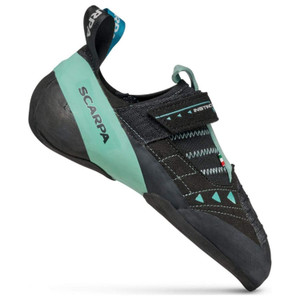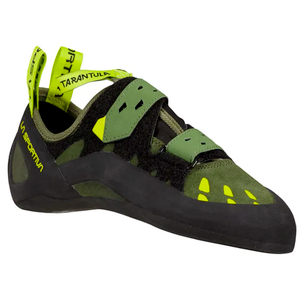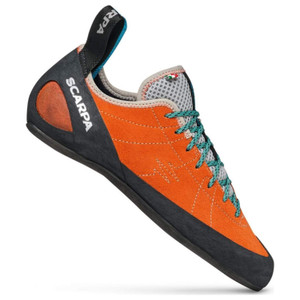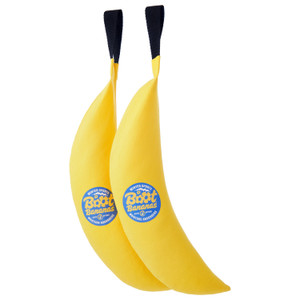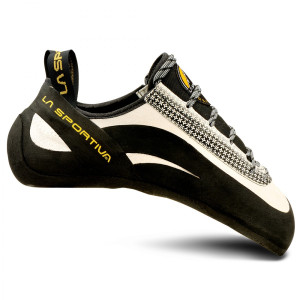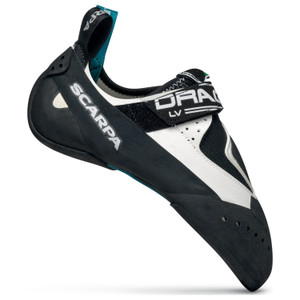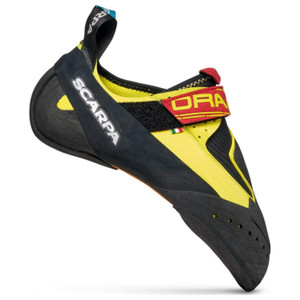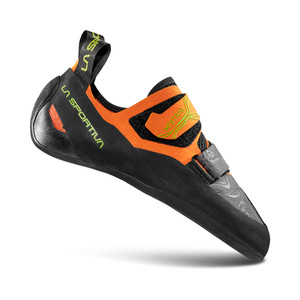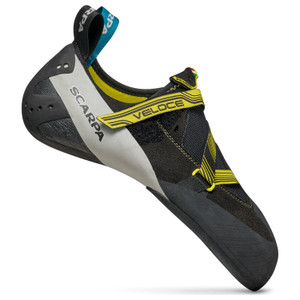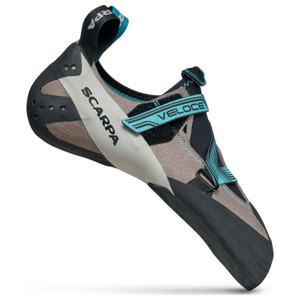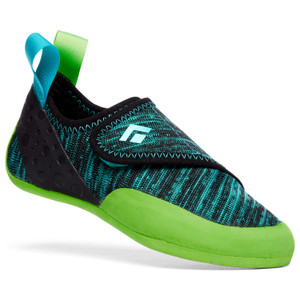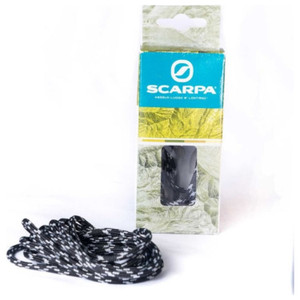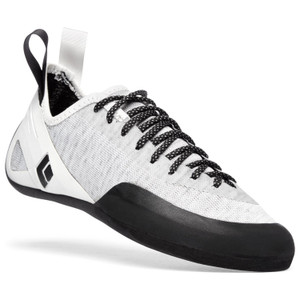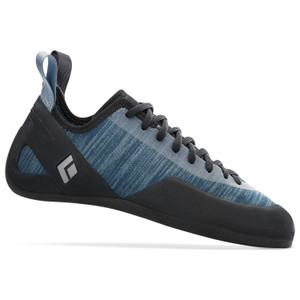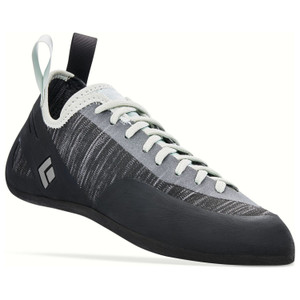Climbing Shoes
Rock climbing shoes are specialised footwear designed to help climbers grip rock surfaces, edge on small footholds, and perform technical manoeuvres with precision and control. They're essential gear for rock climbing—whether you're bouldering, sport climbing, or tackling multi-pitch routes.
Key Features of Climbing Shoes:
| Feature | Purpose |
|---|---|
| Sticky rubber soles | Provide maximum grip on rock or indoor climbing holds. |
| Tight fit | Enhances sensitivity and control (they should feel snug, not like regular shoes). |
| Downturned toe (aggressive shape) | Helps with steep overhangs by concentrating power on the toes. |
| Low profile | Lets you fit your foot into small cracks or pockets. |
| Closure systems | Velcro, laces, or slip-on designs for secure fit and fast adjustments. |
| Rubber rand | Wraps the toe and sides for toe-hooking and durability. |
Types of Climbing Shoes:
| Type | Description | Best For |
|---|---|---|
| Neutral | Flat sole, comfortable for beginners | All-day comfort, trad/multi-pitch |
| Moderate | Slightly downturned, better precision | Sport climbing, all-around use |
| Aggressive | Strong downturned shape, very precise | Overhangs, bouldering, advanced routes |
Shoe Closure Types:
| Type | Pros | Cons |
|---|---|---|
| Velcro | Quick on/off | Less adjustable |
| Laces | Best for fine-tuned fit | Slower to put on/take off |
| Slip-on (elastic) | Great sensitivity | Less secure for aggressive climbs |
Fit Tips:
-
Should feel tight/snug, with toes near the front (but not painfully crushed).
-
Leather shoes stretch over time; synthetic ones stretch less.
-
Not meant to be walked in — they're for climbing only.
Important:
Climbing shoes should not be worn like normal shoes. A tight fit improves performance, but don’t go so small that it causes pain or injury.
Would you like help choosing the right climbing shoe for your experience level or climbing style?


